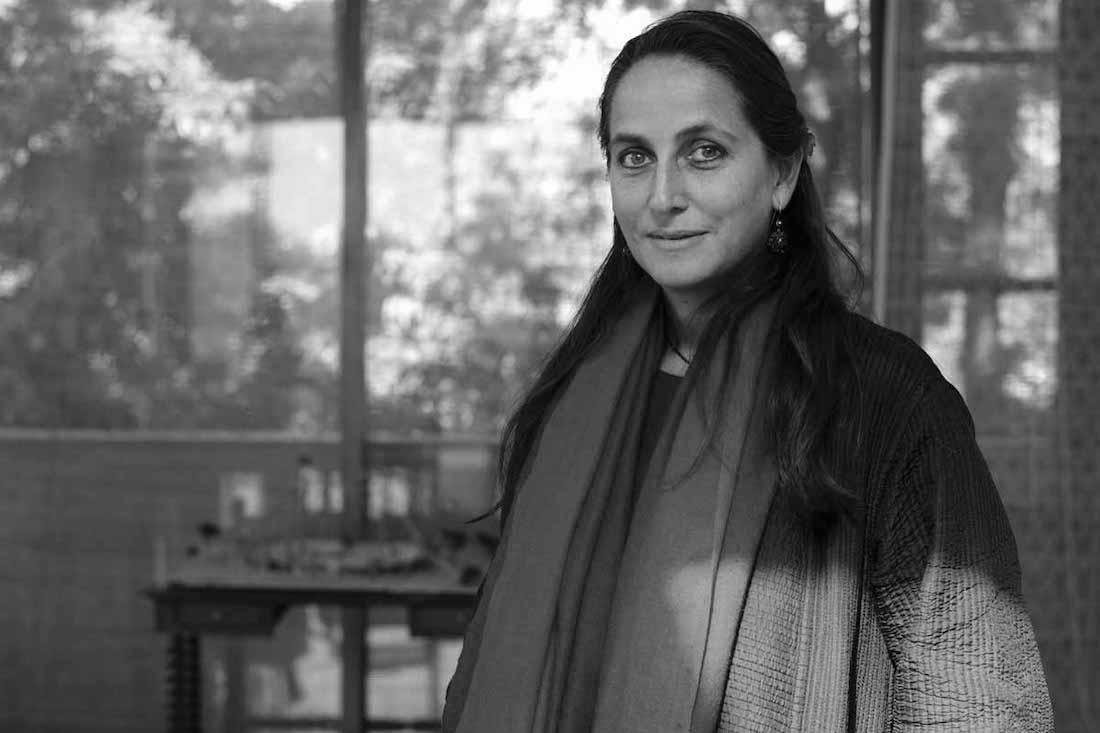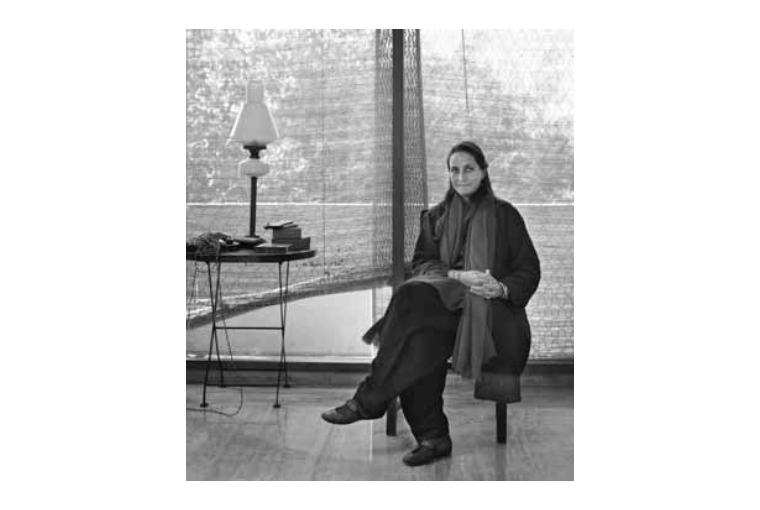
Photography: Nishant Shukla

Photography: Nishant Shukla
Dreams, passion and the desire to contribute to the development of theatre on a broader canvas made Sanjna Kapoor branch out and explore her own independent territory. After spending two decades with Prithvi Theatre, she dove straight into the deep end and created her own parallel world where she hopes to make theatre accessible, welcoming, engaging and the theatre-going experience a memorable one. After eight years of working towards sharing the arts in Mumbai and across India, Junoon is closing. Revisitng our conversation with Sanjna, where she shared her artistic vision when she started Junoon.
'Junoon is based on the premise that a lot of us have in theatre but are not brave enough to articulate. The premise is that the arts need to be integral in any human society that calls itself progressive. The arts have to be as integral as medicine, education and all the necessary facilities that are developed in an urban or semi-urban situation; it has to be structured into the thinking and planning of it. Unfortunately, that is not the case in India but we have to ensure that it happens. So I think it’s our role to go out there and say 'it has to be'. It’s happening in more places and people are doing quirky things but it still needs to fall into the main flow of things. Artists in Delhi should be able to celebrate their works by displaying in metros and other public spaces. There should be music playing that celebrates the city. I just feel we need to celebrate the city. I think the biggest drawback is that we lack infrastructure and that’s one aspect where we’ll have to contribute. So what we are doing in Junoon is making platforms to make theatre accessible and we are trying to better the theatre going experience.
The Four Pillars
Given that we have four pillars – our first is to engage with young people. We’re carrying forward the 20-year-program that I initiated at Prithvi with Summertime, taking it through the year, engaging with school children and teachers in a very strong way and seeing how these workshops actually energize them. The youth are the decision makers of tomorrow so it’s important that we touch their lives.The other part is to actually create venues across the city. Most of our engagements in the first year are more Bombay centric, as that’s where our software, theatre groups and talent lies. So we are looking at energizing venues across the city where the management is looking to have vibrant spaces. Our job will be to engage with them on various levels, not only programming but also updating their facilities, looking at their management, structures, getting all sorts of volunteers and creating a community because the community also needs to be the audience and they need to have a sense of ownership.
The third is touring and that is very important as that goes back to my great romantic dream of getting on a bus with my actors, sets, lights etc and travelling around the country and performing everywhere. But that may happen in my next life. By the end of March, we will be announcing the details of our first program and we go on floors in April, which will be the summer program for children. The tour takes us across the country with plays that we think need to be seen, and we take it to audiences that exist for them.
The fourth is consultancy and advisory because more and more people in the last five years have been coming to Prithvi, asking for our advice on setting up a centre or an auditorium or hosting a festival. So now we have a team at Junoon that is providing these services in a more systematic manner. Having said that, we are very clear about our initial three years – all these four pillars are going to work through our focus with young people.

Theatre in India Today
I think theatre is definitely getting more value now as opposed to 10 years ago. For me, the big struggle has been to develop the value of theatre. Are we valued – if Prithvi Theatre had to shut down tomorrow would it matter to anybody? I know it would, but to what degree? I think in the last 20 years, theatre has really moved forward. It has changed as things will always change. In Bombay at least, I see a younger generation who want to go out and actually train, which is a huge change as earlier one thought you could just land up in Bombay and be an actor. Other than that, there are more prestigious festivals and awards that have begun associating themselves with theatre. In the last four to six years, the government in Delhi has initiated new schemes that could really impact theatre, be it grants for small studio spaces or putting money into Tagore centres or even the Five Lac grant being given for any kind of theatrical activity, now we just have to see them being realized. It’s interesting that people now are ready to get together as they have understood the value of what it means to have a network.
Wish List
Firstly when planning a city, art spaces and performance spaces should be considered and developed, and they should be managed by practitioners and not by government officials. There should be a system incorporated in all schools and institutions whereby the children have to be taken to the theatre; it should be mandatory at least once a year. We should set up centers that are funded by business houses (they give a little tax towards funding it), for example, Brazil has been working on this program for the last 40 years and it’s called CSK, Community Arts Centre. These centers should have state-of-the-art facilities, world-class performances and sports centers – basically for the community of the area, which they use by paying a nominal membership fee. If we can set up centres like that all over, it will be extraordinary. In a nutshell, theatre should be valued and made accessible.'